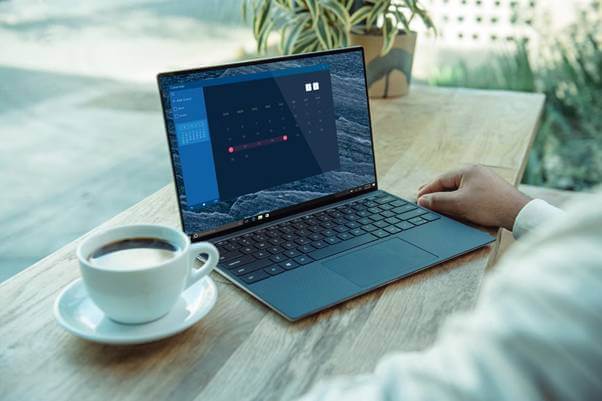Useful Laptop Buying Guide for Students
When it comes to choosing a laptop, there are many factors to consider. But for students, there are a few key things to look for. We’ll outline the most important considerations when buying a laptop for schoolwork and beyond. So whether you’re in the market for your first laptop or just looking to upgrade, read on for some helpful advice! Here are some useful laptop buying guide for students .

Useful Laptop Buying Guide for Students
Processor Speed
One of the most important factors to consider when buying a laptop is its processing power. In general, you’ll want something that has a fast processor to handle heavy workloads. If you’re going to be using your laptop for things like video editing or gaming, you’ll need something with a powerful quad-core processor.
If you’re just doing basic schoolwork and web browsing, however, a dual-core processor should suffice. This factor is especially essential for engineering students because they often need to run heavier software. Also, a faster processor can help reduce the amount of time it takes to complete tasks. On top of that, a powerful processor can help your laptop run cooler, which is important if you plan on using it for extended periods.
Storage Capacity and RAM
Another important consideration when buying a laptop is its storage capacity. This refers to the amount of data that can be stored on the device. In general, you’ll want something with at least 500GB of storage space. This will give you enough room to store all your schoolwork, music, photos, and videos. If you plan on doing a lot of video editing or gaming, however, you’ll need something with even more storage space. Another option is to get a laptop with a solid-state drive (SSD) instead of a traditional hard drive. SSDs are faster and more durable than hard drives, so they’re a good option for students who need a lot of performance.
Another factor to consider when buying a laptop is its RAM. This stands for random-access memory, and it refers to the amount of data that can be accessed at once. In general, you’ll want something with at least 4GB of RAM. This will allow you to run multiple programs at once without any slowdown. If you’re going to be using your laptop for heavy-duty tasks like video editing or gaming, you’ll need something with even more RAM.
Screen Size and Battery Life
When it comes to screen size, there’s no one-size-fits-all answer. It depends on what you plan on using your laptop for. If you’re mainly going to be using it for schoolwork, then a smaller screen like 11 or 12 inches will do the trick. But if you want something more versatile, a larger screen like 15 or 17 inches might be a better option. Keep in mind that bigger screens tend to be heavier and drain battery life faster. So if you’re looking for something lightweight and portable, go with a smaller screen size.
Another important factor to consider when buying a laptop is its battery life. In general, you’ll want something that can last at least 5 hours on a single charge. If you’re going to be using your laptop for extended periods, you might want something with an even longer battery life. Another thing to keep in mind is that bigger screens tend to drain battery life faster. So if you’re looking for a laptop with good battery life, go with a smaller screen size.
Operating System
One of the most important decisions you’ll make when buying a laptop is what operating system to choose. The most popular options are Windows and macOS, with Windows being the more popular of the two. If you’re undecided, we recommend checking out our article on the pros and cons of Windows vs macOS. Whichever operating system you choose, make sure that it’s compatible with the software and programs you’ll be using.
Price
Finally, one of the most important factors to consider when buying a laptop is its price. In general, you’ll want to stay within your budget while still getting a good quality device. There are lots of great laptops available for under $500, so there’s no need to break the bank. If you’re willing to spend a bit more, you can get a laptop that’s even better quality. Just be sure to avoid laptops that are too cheap, as they often come with low-quality components. All of the above factors can impact the price of the laptop in different ways, so be sure to stay realistic with your desires if you have a tight budget.

Useful Laptop Buying Guide for Students
Hopefully, this guide has helped give you some ideas on what to look for when buying a laptop. Keep in mind that the best laptop for you will vary depending on your needs and budget. So take the time to do some research and find the device that’s perfect for you.

Founder Dinis Guarda
IntelligentHQ Your New Business Network.
IntelligentHQ is a Business network and an expert source for finance, capital markets and intelligence for thousands of global business professionals, startups, and companies.
We exist at the point of intersection between technology, social media, finance and innovation.
IntelligentHQ leverages innovation and scale of social digital technology, analytics, news, and distribution to create an unparalleled, full digital medium and social business networks spectrum.
IntelligentHQ is working hard, to become a trusted, and indispensable source of business news and analytics, within financial services and its associated supply chains and ecosystems









